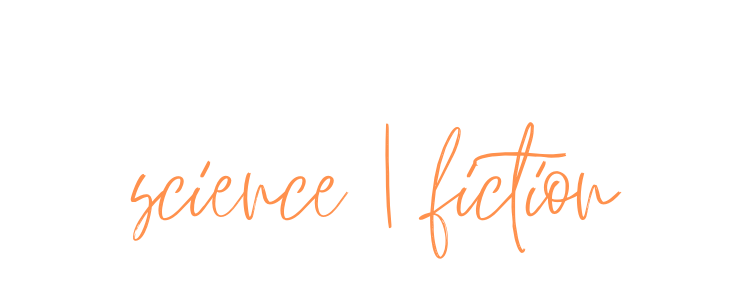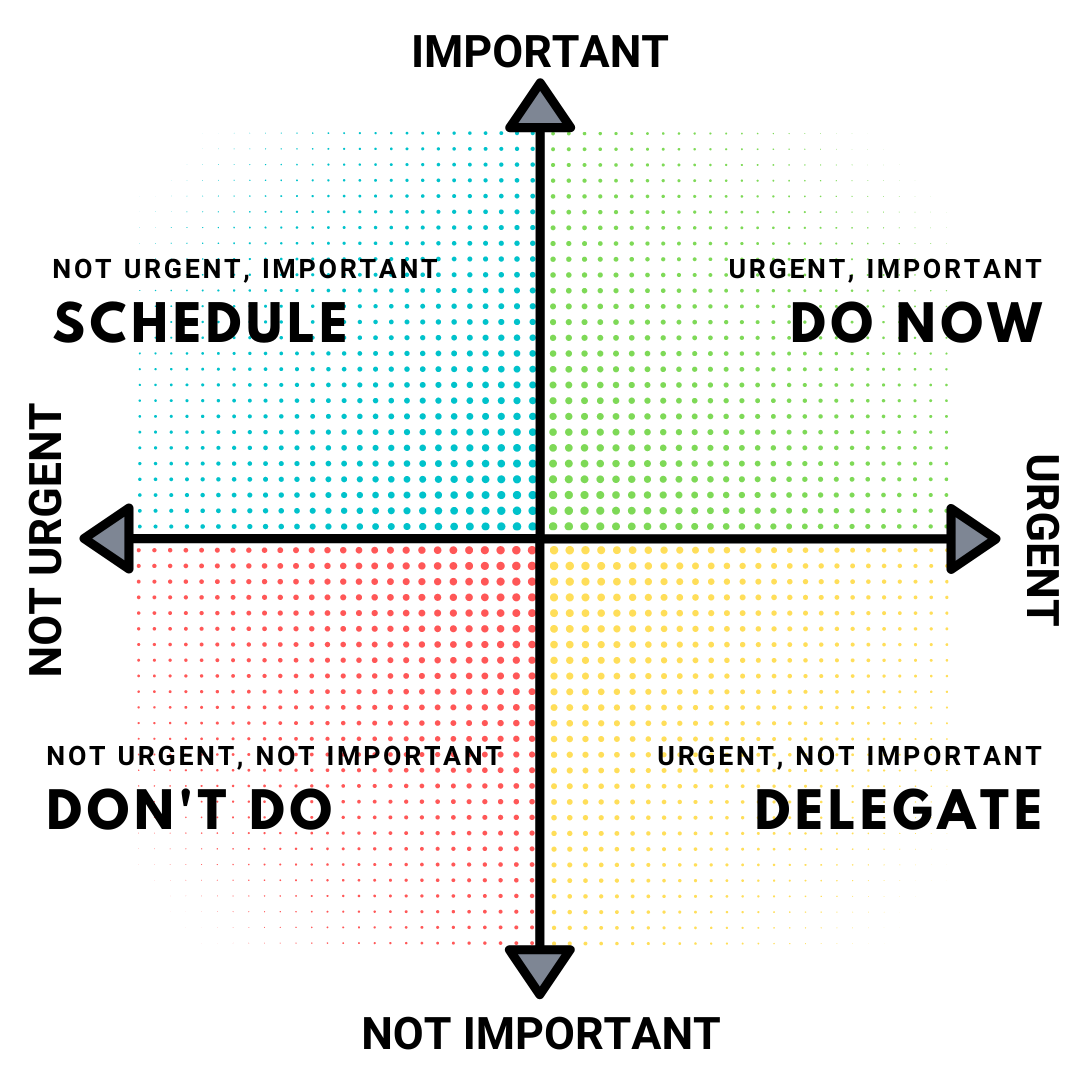|
One of the questions I get most frequently from people who have learned I'm publishing a trilogy in addition to working a full-time (and stereotypically all-consuming) day job is how do you find time to do both? Similarly, when I'm talking with other author friends who have day jobs, we can often be found asking ourselves and each other how on earth are we supposed to do both these things? I'm not going to pretend it's easy. I can't give you three weird tricks that will make drafting your next novel a breeze or the one thing that you should do to make your boss love you. But I can tell you about the habits, systems, routines, and resources that I have built up over the last decade that allow me to balance a full time career as an academic and sustain a writing practice. Time trackingBack when I started graduate school, I realized that if I wasn't careful how I spent my time, I could lose hours to trying to solve a few problems for one of my courses while leaving the others neglected. I was faced with a mountain of work and high expectations (one well-meaning faculty member sent us spreadsheets with recommended time on things which added up to a 90 hour work week before meal breaks or commute time). I knew I didn't want to spend 13 hours a day seven days a week working, so I would have to be really intentional about what time I spent and where I spent it. This led to adopting a time tracking practice. I set goals for the major projects I knew I needed to spend time on and then tried to do my best not to go over those goals. But the most valuable thing I got from my time tracking practice was actually in looking back at the way I'd spent my time over the week. It was really enlightening to see where my time was going, and it helped me to cut out practices that weren't helping me (ahem, obsessing over social media, for example). There are lots of ways you can track time. You can go the old fashioned route and make note in a paper journal of where you spend your time, jotting things down as the day progresses. You can use a spreadsheet (there are tons of templates available online) and then track patterns if you're a data nerd like me. I happen to like the app route, because I can just tap a category on my time tracker (I use ATracker, but there are tons of options available) and it will start tracking. Then when I'm done, I just tap the category and it ends! I can also add things in after the fact if I forgot to start the timer. Tracking my time helps me see when I'm losing hours to administrative tasks or when that pesky revision I thought would be a breeze actually robs me of many writing sessions. But time tracking is just one tool, and what I learned from it inspired me to get even better at time management. Deep workOne of the things I realized when I started tracking my time was how fragmented it was. I might spend 30 minutes on one project before getting distracted and losing another 30 minutes to emails and then try to get back into that project again, but just feel super stuck. It turns out there's a word for this: attention residue. Attention residue is when you task switch, but your brain is slow to catch up. We can't actually change gears as fast as we think we can. Our brains are still processing what we were just working on when we move on to the next thing, and the more often we switch, the more pronounced this lag is. If you want to do better work with less time, the best way to do that is to make sure that time is batched in large chunks. As described in DEEP WORK, by Cal Newport, 90 minute chunks are a good length for this, and the human brain can really only tolerate about four and a half hours of this kind of deep mental work in a day, so don't block out 9am-5pm as one long deep work session. The folks at doist have actually put together a really thorough guide to the topics covered in DEEP WORK, so check it out, and if you think you'd like to learn more, the book by Cal Newport is available at bookshop.org. Prioritization matricesBut what about when you just have too many things on your to-do list? I can relate to this feeling. It's a pretty constant state of my existence to be overwhelmed by the number of tasks on my list. One of the hardest practices for me is saying no. I'm terrible at it. But I'm learning that it's necessary to do this if I want to prioritize the things that matter to me. A great tool for dividing up that overwhelming to-do list and figuring out when to do each thing (or even whether you should do it) is an urgent-important matrix. If you search this term online, you'll come up with tons of articles about them. The central idea is this: take each item on your list and ask yourself two questions about it.
Once you've labeled everything as urgent/not and important/not, you place them in the matrix.
But if something is neither urgent nor important, then why are you spending your time on it? (Obviously this disregards pleasurable activities, but this is meant to be used in the context of the workplace. I would argue that there are no consequences aside from my feeling bad if I don't read the next N.K. Jemisin book, and there are no deadlines attached, but I sure as hell am gonna do it). MindfulnessThe last tool I'll mention is less of a tool and more of a regular practice. One of the hardest things about having two careers is the way the workload can pile up and fill me with a sense of dread and overwhelm. Practicing mindfulness is the best way to break out of that cycle and be more intentional about how I'm spending my time. Mindfulness doesn't have to be a 30 minute meditation every morning or a regular yoga class. It's more about being present and thoughtful and reflective. Take a few minutes every day -- maybe set an alarm on your phone -- and just pause and ask yourself how you're feeling. Explore a little bit what's going on and why. Are you feeling stressed and overwhelmed? Are you feeling peaceful and relaxed? Starting to notice these things can help prevent that automatic mode we can often get into when life gets busy. Ask yourself why you are doing things, and really explore how they make you feel. One of the ways I'm mindful about my work is by journaling. I keep a bullet journal as well as a personal journal, and I check in a few times every day to see how things are going, to notice my mood and whether I've been spending my time well. I ask myself whether I'm pushing through on some project that's stalled, and would it be better for me to move on to something else until inspiration returns? I ask whether I even have the brain power to be creative or if maybe I should check off some of those little mindless tasks that pile up but still need to be done and which I can't delegate. However you choose to do it, being thoughtful and intentional about how you spend your time is going to help you manage your writing career and your day job with a little more peace and a little less reactivity. And that, in the end, will make the whole process easier. Be kind to yourself as you try new techniquesI hope that sharing this set of tools and resources I use has been helpful. It took me years to build up these practices, so be kind to yourself as you try them out. It takes time to establish healthy habits, and it's always better to focus on one change at a time instead of deluging yourself with a whole new set of rules. So pick one and test it out, and see how it goes for you.
1 Comment
7/27/2021 01:40:00 pm
Great post, Casey! I really enjoyed this and may need to check out Deep Work as I am always doing at least three things at once. 😅
Reply
Leave a Reply. |
Casey E. BergerAuthor of the Resonance Saga. Code in my head, words in my heart, music in my soul. Wanderer of the woods and the world. Archives
November 2021
Categories
All
|


 RSS Feed
RSS Feed
